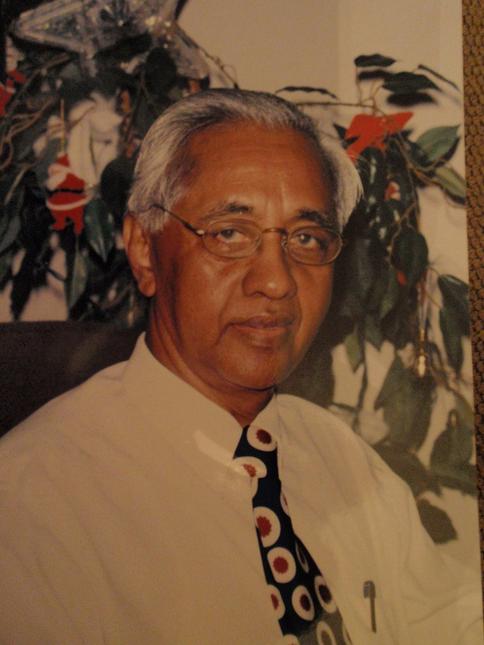I recall sometime ago reading a statement that “the road to hell is paved with good intentions”.
That interesting observation came to mind as I considered the various comments made by World Leaders in relation to action planned and taken while justifying in a logical way, their good intentions.
As we monitor and evaluate decisions taken by World Leaders, we are often concerned, not only with their logic, but the inconsistencies.
Ever since the formation of The United Nations, following the 2nd World War, we have seen its activities and in-activities in varying scenarios. The Charter of the United Nations is the foundational treaty of the international organisation called the United Nations. It was signed at the San Francisco War Memorial and Performing Arts Centre in San Francisco, United States, on June 26, 1945 by 50 of the 51 original member countries.
Today, 192 countries are the members of the United Nations. As a Charter, it is a constituent treaty, and all members are bound by its articles. Furthermore, the Charter states that obligations to the United Nations prevail over all other treaty obligations.
The preamble of the Charter consists of two principal parts. The first part containing a general call for the maintenance of peace and international security and respect for human rights. The second part of the preamble is a declaration in a contractual style that the governments of the peoples of the United Nations have agreed to the Charter.
Chapter 1 – sets forth the purposes of the United Nations, including the important provisions of the maintenance of international peace and security.
Chapter V1 – describes the Security Council’s power to investigate and mediate disputes;
Chapter V11 – describes the Security Council’s power to authorise economic, diplomatic, and military sanctions, as well as the use of military force, to resolve disputes;
Recent events in the Middle East have attracted worldwide attention; these include Egypt, Libya, Syria, Bahrain, Yemen and the ongoing Palestine conflict.
The protests in these countries reveal the frustration, suppression and desire of people to be liberated. To remove the yolk or bonds which deprive them of basic human rights. The subject of Human Rights and Democracy are topical and its recognition by outside parties are often inconsistent. Indeed given the history and genesis of United Nations, one would have thought that this Organisation would play a greater leading role in exposing, championing and resolving the abuses of so many people in different lands.
In being critical, one may have formed a conclusion that responses are inconsistent and that too little emphasis is placed on finding resolution through diplomacy rather than military sanctions. Some nations may behave, when it suits them, as the conscience of suffering people seeking redress.
Negotiations, mediation and reconciliation are not displayed as a powerful effective management tool of The United Nations. Some of us share the view that peaceful means of resolving disputes should be hallmark of that powerful organisation, which emerged from the ravages of war.
Whatever the form of war, however logical it may seem, it invariably leads to loss of lives, destruction of infrastructure, hardship and suffering for the people affected. The Greatest Leaders in war time have with sincerity commented boldly on the negative aspects of war.
Sir Winston Churchill stated:- “The human tragedy reaches its climax in the fact that after all the exertions and sacrifices of hundreds of millions of people and of the victories of the Righteous Cause, we have still not found Peace or Security, and that we lie in the grip of even worse perils than those we have surmounted”.
As Dwight D. Eisenhower observed:- “As never before, the essence of war is fire, famine and pestilence. They contribute to its outbreak; they are among its weapons; they become its consequences”.
Napoleon stated:- “War is the business of barbarians”.
Maybe the military power of some nations confers on its leaders less tolerance to provocation; hence they react with military action as a practical approach rather than resorting to skillful negotiations.
Human Rights abuses are pronounced in several countries including the Ivory Coast, Rawanda and in Palestine. Solutions must be found by peaceful means. Arming those affected can only lead to further killings, suffering and loss of lives.
People need Food not Guns; Prosperity not Poverty; and Peace not War.
Sincerely,
Vibert Parvatan






